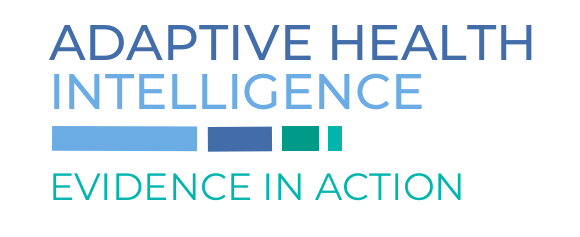Resources hub
The learning resources hub is a central place for clinicians, investigators, community members, funders and ethics committee members to access educational materials about adaptive clinical trials and resources on Bayesian Network models.
For access to these resources, please click on the links below:
Bayesian statistics for clinical trials
Broadly speaking, statistical methods help us interpret data and determine what to believe. For example, what should we believe if a test result for a bacterial respiratory infection comes back positive?
Bayesian statistical methods provide a framework for learning from data that is similar to the way humans learn. We have beliefs about aspects of how the world works and these beliefs are modified through observation and personal experience. For example, after washing clothes, it is a good idea to hang them outside to dry. However, sometimes it rains, thwarting our laundry goals, but teaching us the valuable lesson that hanging clothes outside when there are storm clouds is a bad idea. As time marches on, our future decisions become conditional on prior information and thus our insights and understanding grow iteratively.
The concepts of continuous learning and applying our existing knowledge to new situations are the key differences between Bayesian and other approaches to statistical inference. For the last 50 years, frequentist methods have dominated the clinical trial landscape. However, as the cost of computing power has decreased and research questions have become more complex, Bayesian methods have become attractive to trialists. This is partly due to the features we have described (and some we have not) but also because the results from a Bayesian analysis are more intuitive than those from a frequentist analysis and can therefore be much simpler to interpret.
In adaptive designs, Bayesian methods really begin to shine. As we mentioned, they are well suited to iterative analyses of accumulating data, without invalidating the final results. Furthermore, Bayesian methods are generative in that they let us easily simulate what future data might look like conditional on our current information. This is an extremely useful feature because it allows us to use the results from an early analysis in a clinical trial, make projections of what the final trial could look like and then decide if and how we should enrol future patients. This leads to more efficient use of resources and is arguably more ethical.
In this brief introduction, we have tried to impart some of the intuition relating to Bayesian methods and their use. However, we have really just touched the surface of this topic. For a more detailed look at the use of Bayesian statistics in trials, including the answer to the question we posed in the first paragraph, please download our information sheet below.
Bayesian statistics information sheet
Adaptive Health Intelligence
We are a not-for-profit research team specialising in pragmatic and adaptive clinical trials. Our projects focus on reducing the burden of infectious diseases by improving how routinely used medications are used in clinical practice.
Contact us
We are located at:
Telethon Kids Institute
Northern Entrance, Perth Children's Hospital
15 Hospital Ave, Nedlands 6009
